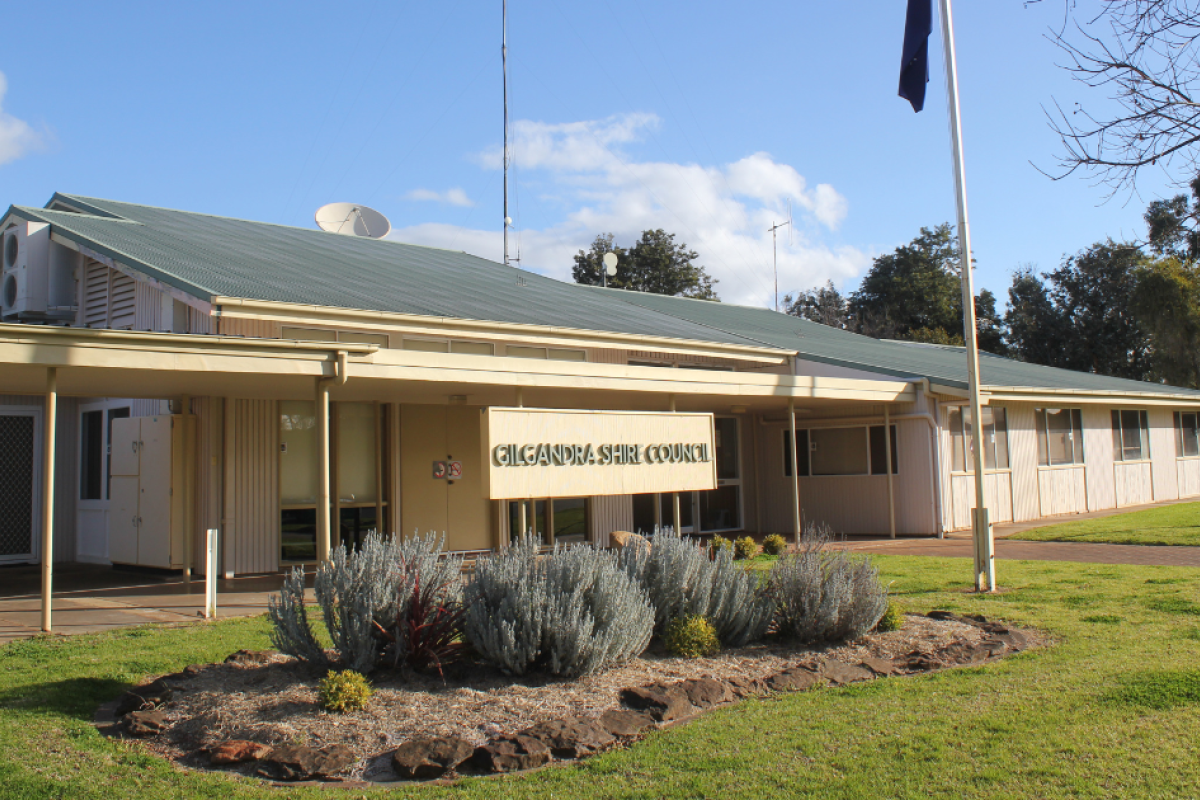General News
3 September, 2025
Government legislates new era of transparency for council meetings
New rules for council meetings will soon be in place as the state government spearheads a change of culture to boost transparency and community confidence in local government.

A new Model Code of Meeting Practice for local councils has been released today and will come into effect in councils from 1 January 2026.
The changes to the Model Meeting Code are part of the broader set of reforms the Minns Labor Government is progressing to improve confidence, trust and transparency across NSW councils.
Changes to the code have simplified the way meetings are conducted, ensure disorder is dealt with more effectively, that councillors make decisions in full view of the communities they represent, and dignity is returned to council chambers.
All councils will need to adopt a code of meeting practice that contains the mandatory provisions of the updated Model Meeting Code by 31 December 2025.
Key changes to the Model Code of Meeting Practice include:
Preventing councils from holding private councillor briefing sessions to discuss matters that should be considered in the public domain at committee and council meetings (unless they are confidential)
Encouraging councils to hold public forums preferably before committee meetings, or if they choose council meetings, to enable community engagement in local matters
Expanding the powers of the mayor to remove councillors from meetings for acts of disorder
Expanding the powers of the mayor to remove members of the public if they disrupt council meetings
Requiring information considered at closed meetings to be made public after it ceases to be confidential
Requiring councils to give reasons when making decisions on planning matters that depart from staff recommendations (as recommended by ICAC)
Promoting neutrality in the role of the general manager
Requiring council and committee meetings to be live streamed to give the community and media access to council decision making, and to require those videos to be public for at least the rest of the council term, or 12 months in the case of a meeting in an election year
The changes to the Meeting Code are part of a broader suite of reforms by the Minns Labor Government to improve conduct and accountability and rebuild public trust in councils.
A new Code of Conduct for councillors is being finalised as well as associated legislative changes, which will see significant changes to how misconduct is dealt with in local government.
Minister for Local Government Ron Hoenig said: “The council chamber should be a place of dignity, where debate and decision making takes place in full view of the community.
“Making decisions on behalf of communities is the very role of a councillor, and all councillors should never lose sight of this core responsibility.
“These changes should ensure that, in a council chamber or committee meeting, mechanisms are in place to prevent the derailing of meetings and overshadowing the important work of local government.
“Council and committee meetings must be effective, transparent and genuine, and strive for outcomes to benefit the community.
“Under the new code, mayors should be given the power to take immediate action against disorderly councillors. This should lessen the need for councils to resort to the broken code of conduct process and instead address misbehaviour immediately in the council chamber.
“I know not everyone will agree with these changes, but most people in this state would agree action is necessary to improve transparency, increase community confidence and faith in local government.
“They will make councillors more visibly in control of their councils to ensure they – as democratically elected representatives of their communities – drive the vision for their local area.”
The state’s peak body for councils has acknowledged the release of the new code, welcoming the intent to strengthen transparency and integrity across the sector.
Local Government NSW (LGNSW) president mayor Phyllis Miller said the sector supported moves to improve probity and process in all spheres of government.
“We acknowledge the intent of the NSW local government minister in his aim to seek to raise the level of respect for councils both in the community and in the chamber,” mayor Miller said.
“We’ve had the opportunity, along with councils, to provide feedback on the drafting of the model code and are now working through the details of the Minister’s new code to understand its application in the sector,” she said.
“As someone who we know cares deeply about councils, we know the Minister will welcome feedback from LGNSW and councils about the operation of the new code and whether any additional matters may arise as a result of putting it into practice that need to be more fully considered,” Mayor Miller said.
LGNSW last year responded to the Office of Local Government’s (OLG) discussion paper with a submission following extensive consultation with member councils, county councils and joint organisations.
While acknowledging the new code, Mayor Miller said LGNSW remained disappointed with the Minister’s decision to prohibit briefing sessions for elected council representatives.
“Councillors are elected to make informed decisions on behalf of their communities. Briefing sessions are not decision-making forums – they simply ensure councillors are properly equipped with the background and technical information they need before a matter comes to the public chamber,” Mayor Miller said.
“These briefings lead to better informed representatives and, ultimately, better decision-making outcomes for communities, but decisions are – and always will be – made transparently in council meetings, in full view of the public,” she said.
Mayor Miller said LGNSW would continue to listen to councils, capture their feedback on the code’s operation, and share this with the Minister and OLG.
“LGNSW values the constructive and positive relationship we have with the NSW Government, and we look forward to continuing to work with the Minister in the shared interests of councils and the communities they serve particularly on key issues like financial reform.”


